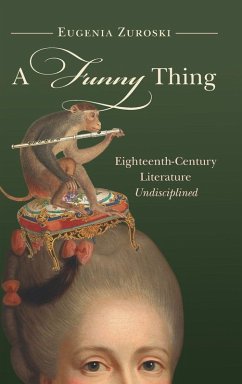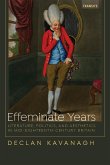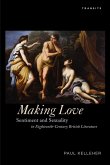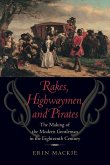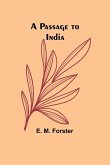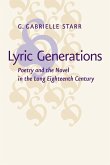Eighteenth-century literature is weirder than we realize. A Funny Thing invites readers to be taken by its oddities, its silliness, and its absurdities - both because reading this way is fun, and because this challenges colonialism's disciplinary epistemes of propriety that have consistently bound liberal selfhood to extractive capitalism. Focusing on three aesthetic modes largely unnamed in existing studies of the period's literature - the anamorphic, the ludic, and the orificial - this book offers fresh readings of work by Haywood, Walpole, Bentley, and Burney that point to unexpected legacies from the so-called Age of Reason. This book is for any reader curious about the wilder flights of fancy in eighteenth-century fiction, the period's queer sense of humour, and how writing and art of the time challenge colonial reality. This title is part of the Flip it Open Programme and may also be available Open Access. Check our website Cambridge Core for details.
Bitte wählen Sie Ihr Anliegen aus.
Rechnungen
Retourenschein anfordern
Bestellstatus
Storno

